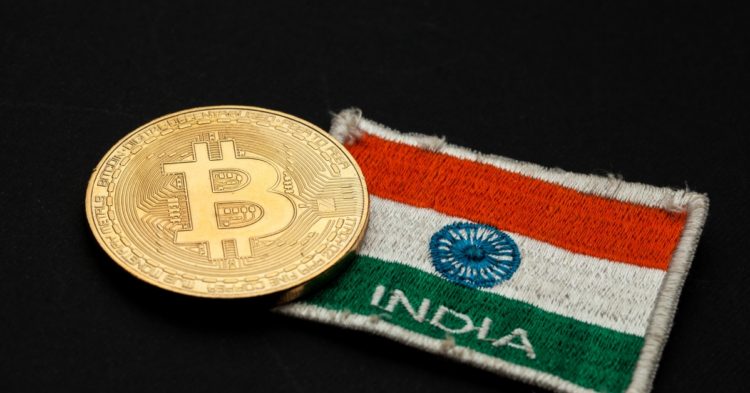India’s cryptocurrency investors were caught off-guard and left confused after news broke Friday that the country’s Parliament will be considering a government-backed bill that would ban “private” cryptocurrencies. Given the ruling party controls both houses of Parliament, the bill’s chances of becoming law are good.
The Cryptocurrency and Regulation of Official Digital Currency Bill 2021 would prohibit cryptocurrencies in India and provide a framework for creating an official digital currency to be issued by the Reserve Bank of India (RBI). The RBI had previously prohibited crypto trading for almost two years before that ban was overturned by the Supreme Court in March 2020.
Industry watchers said the government’s definition of “private” could imply that any digital currency that is not sovereign could be seen as a “private” currency, including bitcoin. It’s unclear which cryptocurrencies would be affected as the bill it allows for certain unspecified exceptions to promote the underlying technology of cryptocurrency and its uses
“This is (the) time to be nervous,” an official at a large cryptocurrency exchange said to the Economic Times of India on the condition of anonymity.
The move is bound to make potential and current crypto investors outside the country nervous as well. When naming potential obstacles to the growth of bitcoin as a store of value, that governments will try to ban it should it become too successful almost always makes the list.
This past week, while appearing more warmly disposed toward bitcoin than he had in the past, Ray Dalio, the founder and co-chairman of Bridgewater Associates, the world’s largest hedge fund, listed government prohibition of bitcoin as one of his remaining concerns regarding the cryptocurrency. That one of the world’s biggest economies seems poised to do just that is only going to feed that narrative.
News of the likely ban may have been a contributing factor in the fallback in the price of bitcoin Friday after it had risen in response to Elon Musk’s Twitter-bio shoutout.
Nischal Shetty, CEO of Mumbai-based cryptocurrency exchange WazirX criticized the announcement via Twitter, explaining “there is no such thing as a private cryptocurrency” and the bill is aimed at helping the RBI create its own central bank digital currency (CBDC) by banning so-called private cryptocurrencies with some exceptions.
“A country as large as India should at least work on understanding the underlying terminologies before presenting technology-related bills in Parliament – seems like a hurried move,” said Shetty.
Adding that just because a bill is presented does not mean it will be cleared and warned, “wrong or hasty regulations will set us [India] back by a decade. Right regulations will catapult India to the forefront of this technology.”
If the bill becomes law, India would become the only major Asian economy to ban private cryptocurrencies rather than regulating them like corporate stocks.
Credit: Source link








































































































































